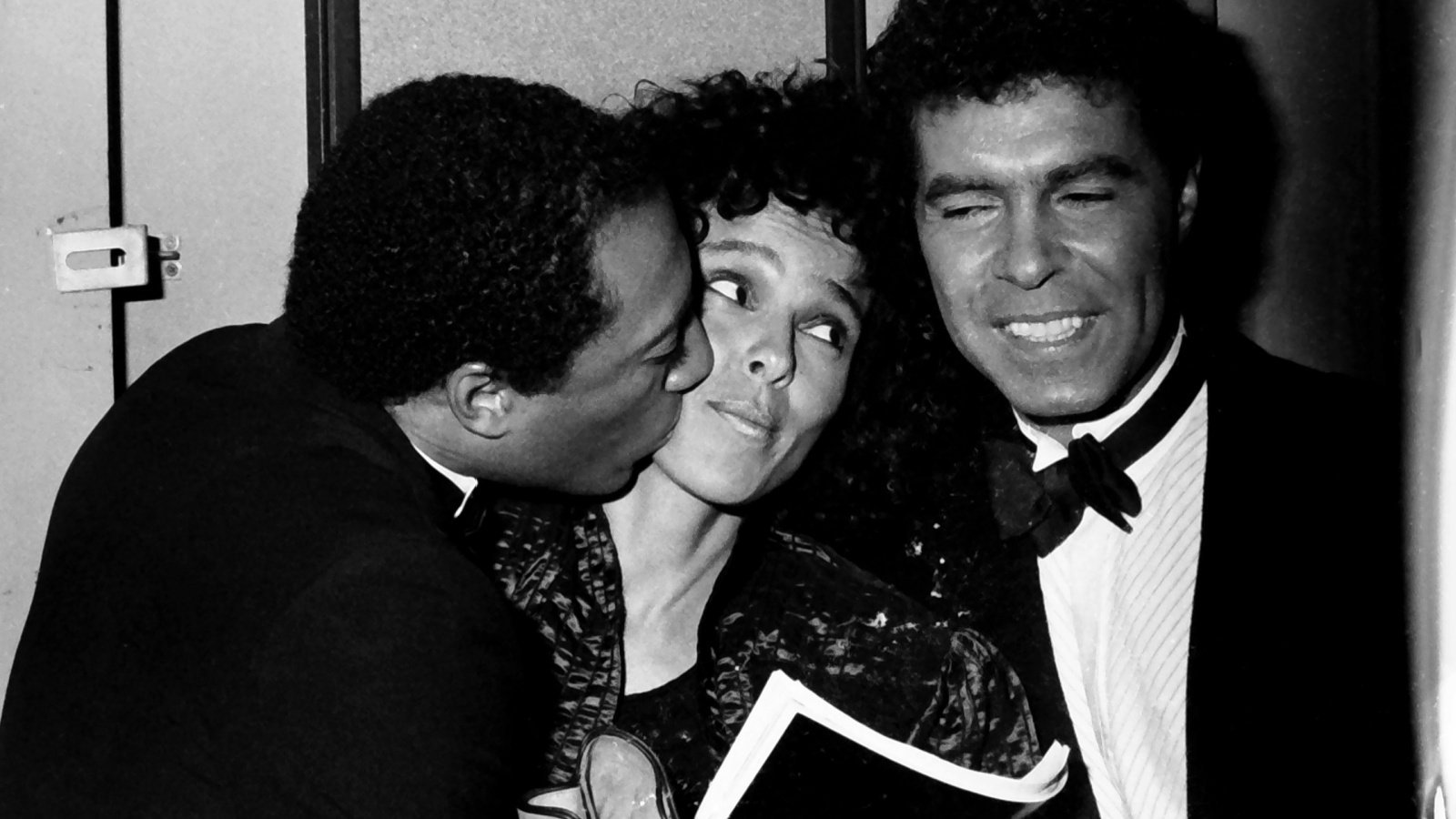A midlife crisis can change a man’s behavior, marking a period of psychological and emotional transition. These changes can include sudden shifts in habits, mood, or priorities, sparking concern in their partners. Here, we outline key indicators that suggest a man is going through a midlife crisis.
Sudden Changes in Habits

Watch for sudden changes in daily routines or habits, which can be a primary indicator of a midlife crisis. If your husband unexpectedly alters his sleep patterns, diet, or exercise routine, it might signal internal turmoil. These shifts often represent attempts to regain youth.
Emotional Fluctuations

More frequent and intense mood swings may indicate emotional distress associated with a midlife crisis. It’s important not to dismiss these emotional expressions, as they are significant indicators of his state of mind.
Interest in Radical Life Changes

Wanting to move to a different country or start a completely new career can be signs of a midlife crisis. While change can be positive, impulsive decisions may have long-lasting impacts. Discussing these desires to understand their root causes is crucial.
Obsession with Appearance

Paying extra attention to physical appearance, including buying new clothes, drastically changing style, or obsessively hitting the gym, often stems from a desire to feel more youthful or attractive. It’s a tangible way for him to address fears of aging and losing relevance.
Major Spending Spree

Making large impulsive purchases, especially on items like sports cars or luxury goods, may represent attempts to recapture youth or a newfound sense of freedom. Financial recklessness can lead to tension and should be addressed cautiously.
Career Dissatisfaction

Sudden dissatisfaction with his career or a desire to quit a stable job in pursuit of something entirely different can signal a midlife crisis. This may arise from realizing that career goals might not be fulfilled, stirring feelings of urgency and discontent.
Risky Behaviors

Engaging in reckless driving, excessive drinking, or gambling can be signs of a midlife crisis. These actions often stem from a desire to feel excitement or escape from current realities. Such behaviors can be dangerous and require immediate attention.
Changes in Social Circle

Gravitating towards younger friends or frequently going out without his spouse can indicate a midlife crisis. This change often reflects a need to feel connected to a younger or more vibrant lifestyle. It’s important to communicate openly about how these changes affect your relationship.
Feeling Trapped

Expressing feelings of being trapped or stuck can be a direct verbalization of midlife crisis sentiments. If he talks about regretting past decisions or feeling bound by his commitments, it’s crucial to take these expressions seriously. These feelings often drive the desire for drastic changes.
Withdrawal from Family

If your husband starts to withdraw from family life or seems less interested in family activities, it can be due to feelings of discontent with his current life or confusion about his role within the family. Emotional detachment can be particularly challenging to manage.
Increased Irritability

A husband who is normally calm but becomes increasingly irritable may be struggling with deeper issues. Small inconveniences or routine family activities might suddenly provoke anger. This change in temperament can be a response to feelings of dissatisfaction or failure.
Fixation on Past Relationships

An unusual preoccupation with past relationships or past life “highlights” can be a sign of a midlife crisis. Nostalgia often indicates dissatisfaction with the present and a longing to recapture lost youth or missed opportunities. This fixation can harm relationships.
Loss of Interest in Passions

A sudden loss of interest in hobbies or activities that he once enjoyed can be a sign of a midlife crisis. This loss can stem from a general feeling of unhappiness or dissatisfaction with life’s direction. Rekindling interest in old hobbies or encouraging new ones can sometimes help.
Seeking Solitude

Increasing periods of solitude or excessive time spent alone may be another sign of a midlife crisis. While some alone time is healthy, too much can indicate withdrawal and discontent. It’s important to respect his need for space while also offering support.
Experiencing a Sense of Mortality

A sudden preoccupation with mortality or health that seems obsessive or anxious could be a response to a midlife crisis. This often includes a heightened concern about aging and death. Providing reassurance and encouraging healthy habits are positive ways to respond.
Resentment Toward Younger Individuals

Expressing resentment toward younger colleagues can be indicative of a midlife crisis. This may reflect jealousy of their youth or opportunities perceived to be more readily available to them. Addressing these feelings openly can help mitigate negative expressions.
Inconsistency in Decision-Making

Frequently changing plans can reflect the inner turmoil of a midlife crisis. If he seems unsure and wavers more than usual, it might be due to underlying dissatisfaction or confusion about the future.
Unexplained Nostalgia

If your husband suddenly immerses himself in music, movies, or hobbies from his youth, this could be an attempt to recapture happier times. Nostalgia is often used as a comfort mechanism during periods of crisis.
Increased Pessimism

If he starts to express a more negative view of the future or cynicism about relationships and goals, it may reflect deeper issues related to a midlife crisis. Positive reinforcement and seeking professional help, if necessary, can be beneficial.
Avoidance of Future Planning

Avoiding conversations about the future or reluctance to make long-term plans can be a red flag. This avoidance may be due to fear of aging or dissatisfaction with current life progression. Gentle encouragement to discuss these feelings can open up necessary dialogues.
Increased Focus on Legacy

A heightened concern with legacy may become more pronounced during a midlife crisis. This can lead to significant anxiety or a push to undertake new projects. Supporting him through these concerns can help alleviate stress.








